Progress Studies for Aspiring
Young Scholars
An online program in the history of technology
for high school students

An online program in the history of technology
for high school students
The rapid rise in living standards over more than two hundred years can be seen all around us, but is often taken for granted. What explains this ascent? What innovations enabled it, and who were the innovators?
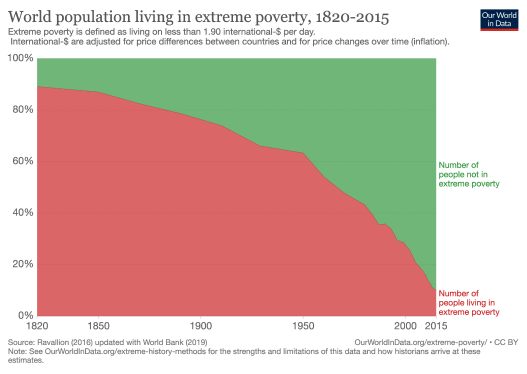
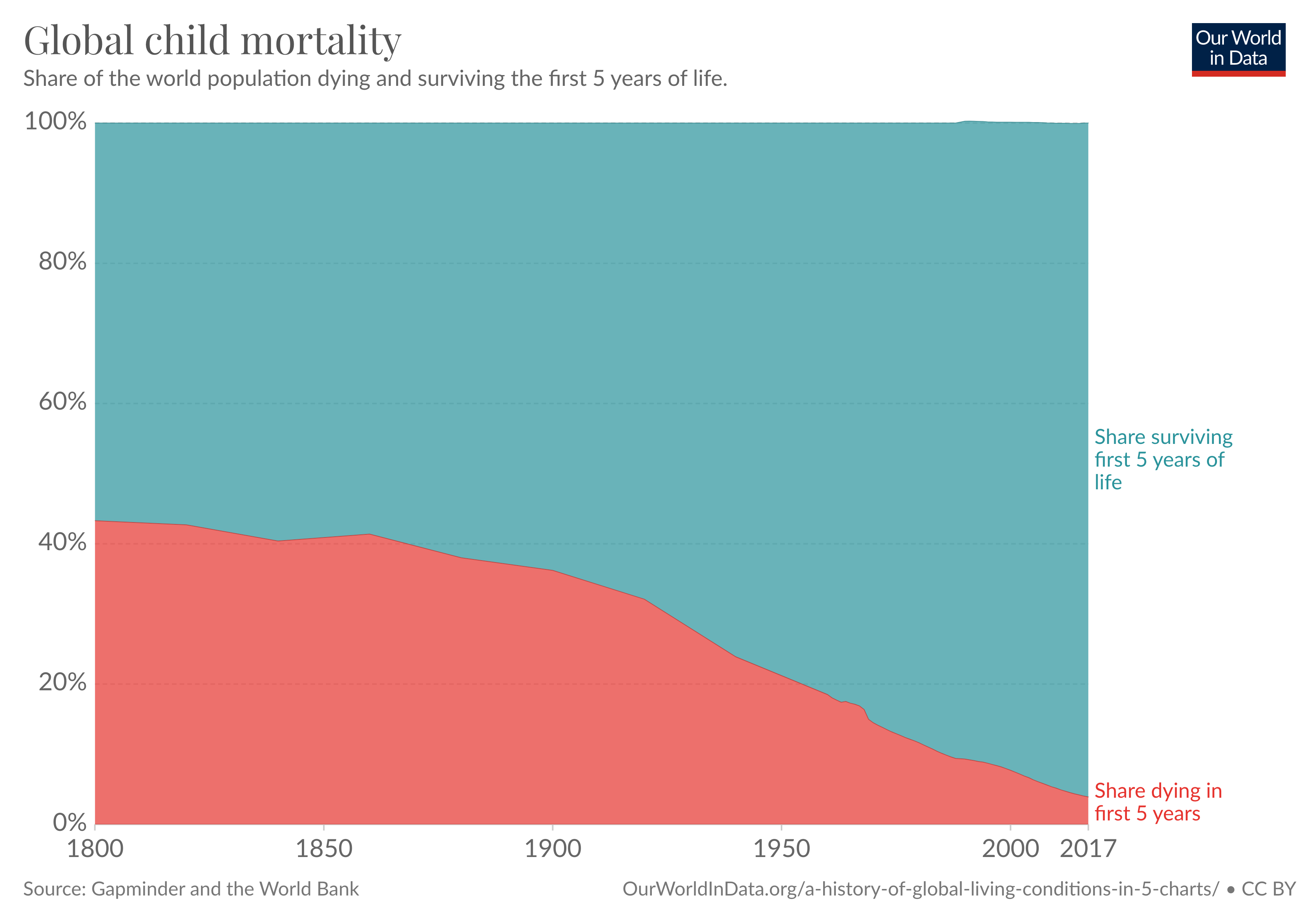
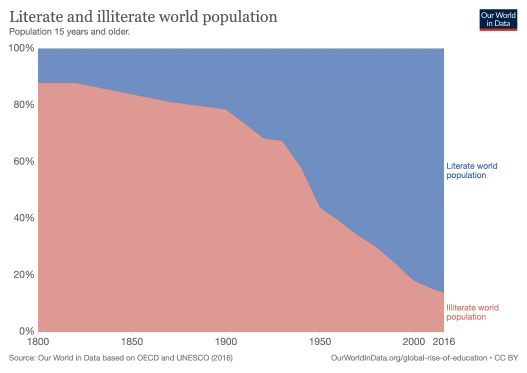
This program will explore: what problems, challenges and hardships in life and work were faced by people in earlier generations and centuries? And how did we solve those problems through science, technology, and invention?
Learn about manufacturing from blacksmiths to assembly lines; about power from water wheels to combustion to electricity; about food from famine to industrial agriculture and genetically modified crops; about disease from basic sanitation to scientific medicine—and the struggles and circumstances of the men and women who worked to bend the arc of humanity upward.
Your learning will be supported by instructors who will help you develop your reasoning and research skills. You’ll also have the chance to engage ideas with a community of like-minded peers.
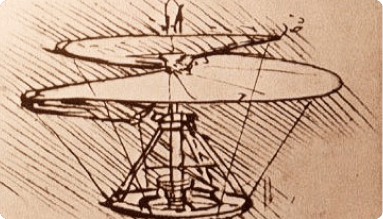





This is a semester-long evening course with twice-weekly meetings. Great reading, audio, or video content accompanies a study group with an instructor for discussions and Q&A. (Coming later: a free, self-guided option with content only, no discussion or instructor.)
What’s the time commitment?
About 4 hours per week (two 1-hour sessions live with an instructor, plus about 2 hours of reading or listening to material on your own.)
Is it only for high school students?
The course is aimed at the high school level, but we are developing options for older students and adults as well.
When does it start?
Classes are offered on a rolling basis. If you are interested in taking this course, contact us at admissions@thoughtandindustry.com and you will be notified about our next cohort start date.
Is high school credit available?
Yes! Students can earn a semester’s credit through the Academy of Thought and Industry (WASC accredited) for successfully completing the course. Additionally, for students in California who are interested in applying to UCs and state schools, the course is approved for A-G purposes and meets requirement G (College-Preparatory Elective / History / Social Science).
My daughter, an aspiring economist, loves the course – I recommend folks sign up.
One of the best and most rewarding learning experiences I’ve ever had.… I now feel more confident and inspired to keep the torch of progress going.
The highlight of my summer.
While my violinist, STEM daughter may be less entrepreneurially minded than her fellow students, @jasoncrawford has expertly led discussions of material science, Jacquard’s loom, the Haber-Bosch process, etc that’s deepened her science studies & given her a new view of history
My daughter has been in the first cohort and is getting a lot out of the class. She is glad she is in it. We’ve had a couple discussions about steel (which I never thought we would discuss). It has been a good opportunity for her to get an early feel for a college-like course structure in an area adjacent to her passion. It has been a great win and I recommend it!
My daughter is in the third week of the course and she is loving it. One benefit has been her exposure to kids across the world; it’s been eye-opening for her to hear different perspectives. And Fergus as her teacher has been just great as well.… We have discussions on a frequent basis about innovation and improving the wellbeing of all of us, and that never would have happened without your course.
The kind of learning I didn’t even know I wanted for my kids.
Our guest speakers include experts on the history of science, technology, and industry, as well as those on the frontier. It’s open to all—see our blog for event announcements and sign up for our mailing list to get future invitations. Video of past events is available on our YouTube channel, and audio on SoundCloud.

Director, Oxford Martin Programme on Global Development; Founder, Our World in Data
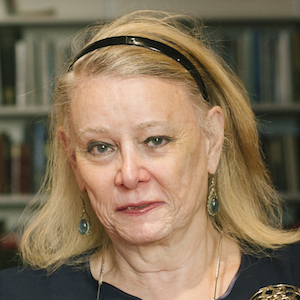
Distinguished Professor Emerita of Economics, History, English & Communication, University of Illinois at Chicago

Robert H. Strotz Professor of Arts & Sciences and Professor of Economics & History, Northwestern University

Holbert L. Harris Chair of Economics and chairman of the Mercatus Center, George Mason University
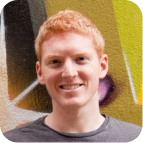
Co-founder & CEO, Stripe
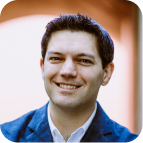
Author, The Roots of Progress
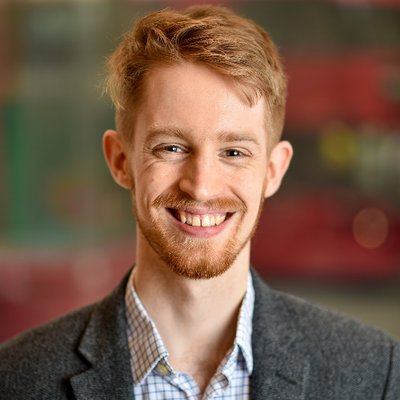
Historian-in-residence, Royal Society for the Encouragement of Arts, Manufactures, and Commerce

Adjunct Professor, Columbia University
Founder, Neu Venture Capital
Postdoctoral fellow, Stanford University

Assistant Professor of Surgery, Division of Minimally Invasive Surgery, University of Michigan
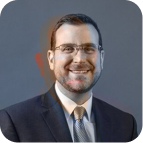
Professor of Law, Antonin Scalia Law School, George Mason University

Founder & CEO, Daphnia Labs
Founder, Longevity Research Institute

Founder & CEO, Orchid Bioscience
Co-Founder, Stanford Center for Distributed Trust
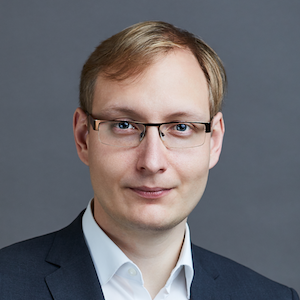
Founder, Bismarck Analysis
Research Fellow, Long Now Foundation

Venture Capitalist
Founder, Harrison Metal

Vice President of Pedagogy, Higher Ground Education

Founder, Academy of Thought and Industry
Author, The Habit of Thought: From Socratic Seminars to Socratic Practice

President, B612 Foundation
Co-Founder, Asteroid Day
“Civilization was created by man the intellectual, man the worker, and man the genius, who carried out a mission of progress, urged by extraordinary energies. It is man that must be appreciated irrespective of race or country—the man who has influenced progress, as well as the man who, by his work, kept up this loftier environment in which all humanity lived.”
Maria Montessori, “A New World and Education”
“And the story belongs not to any tribe but to all of humanity—to any sentient creature with the power of reason and the urge to persist in its being. For it requires only the convictions that life is better than death, health is better than sickness, abundance is better than want, freedom is better than coercion, happiness is better than suffering, and knowledge is better than superstition and ignorance.”
Steven Pinker, Enlightenment Now
